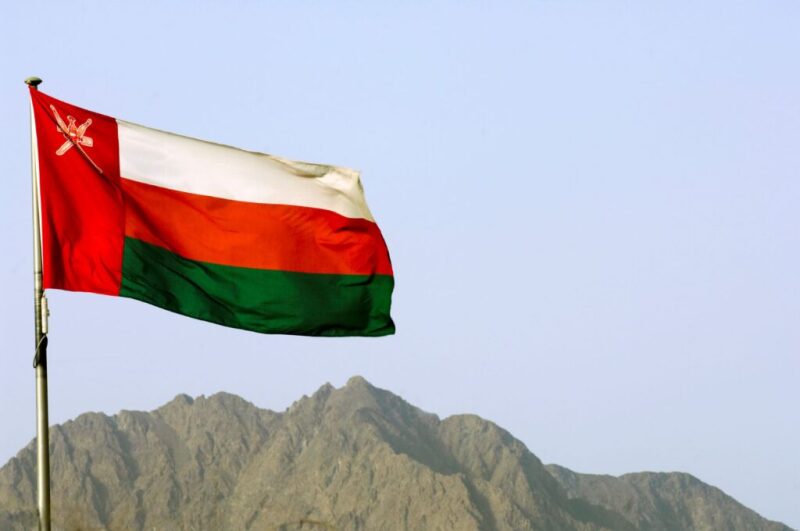Oman has established a new state energy company, Energy Development Oman (EDO), as it seeks to use its largest oil block to raise debt, according to several news outlets. Bloomberg reported last month that Oman, which is struggling to finance a soaring budget deficit, planned to transfer its 60% stake in Block 6 from Petroleum Development Oman (PDO) to a new company, which would try to issue around $3 billion of bonds in the first half of 2021. JPMorgan Chase is said to be advising the government on the plan. A CEO, CFO and other senior executives have yet to be appointed.
Block 6 contains 75% of Oman’s oil reserves, according to Wood Mackenzie. With a production capacity of 650,000 B/D, it is one of the largest crude deposits in the Middle East. Shareholders in addition to PDO are Royal Dutch Shell with 34%, Total SE with 4%, and Partex Oil & Gas with 2%.
EDO will be entitled to raise financing independently of the sultanate's Ministry of Energy & Minerals.
The ministry said the 100% government-owned EDO will collect oil and gas revenues and pay capital and operating costs. This means PDO’s oil and gas expenditures will be excluded from the state budget, giving the company financial independence, according to a statement carried by state media.
EDO will undertake hydrocarbon exploration and production operations. It will also “borrow or raise money and/or financing of any nature” and use “defined or identifiable cash flows, revenues, receivables, or assets (including those which are Shariah-compliant) to issue securities in one or more tranches to investors in Oman and/or other countries,” according to Oman’s Official Gazette. In addition to hydrocarbon development, the new company will work on renewable energy projects in Oman, said the gazette. EDO will also be able to invest abroad.
Low oil prices and the economic slowdown caused by the coronavirus outbreak are straining the finances of Oman, a relatively small energy producer. The sultanate has been rated sub-investment grade by all major credit rating agencies and faces a widening deficit and large debt maturities in the next few years. Its debt will hit almost 90% of economic output next year, according to the International Monetary Fund.
The formation of EDO is seen as one manifestation of Oman’s recent fiscal plan to wean itself off its dependence on crude revenues. New ruler Sultan Haitham bin Tariq al-Said has shaken up the government and state entities. In October, he approved introducing value-added tax in April to boost state revenues, and his administration plans to introduce income tax in 2022—the first for an Arab Gulf state.
Oman’s proposal could set a precedent for other governments in the Middle East which want to raise cash without stretching their balance sheets. Iraq’s Kurdish region sells some crude before it is pumped under so-called prepayment finance deals, and the UAE has raised billions of dollars this year by selling rights to lease pipelines and properties. But no Middle Eastern government is known to have used specific oil blocks effectively as collateral for funding.

